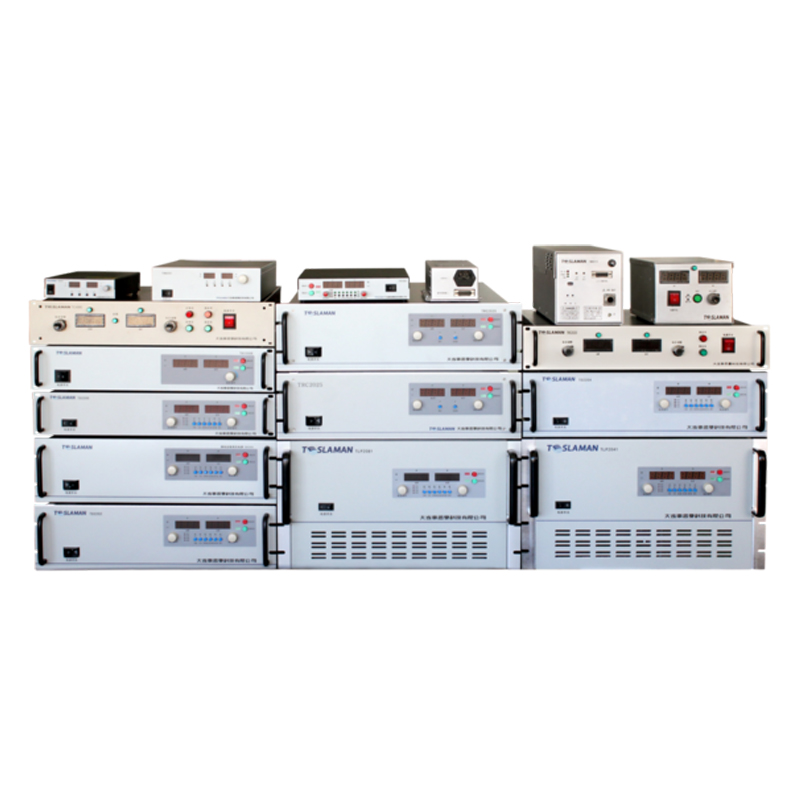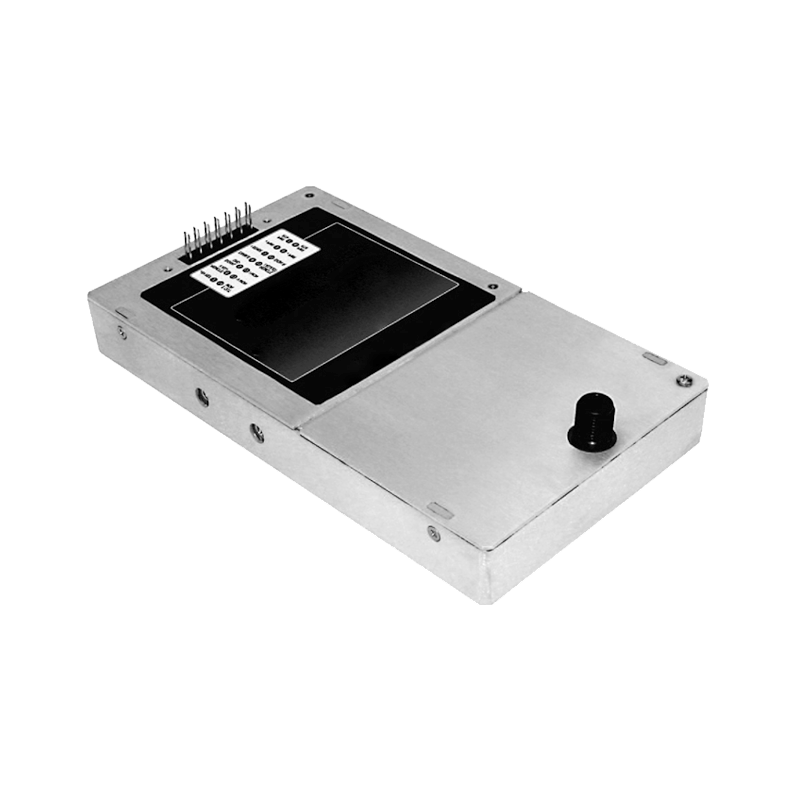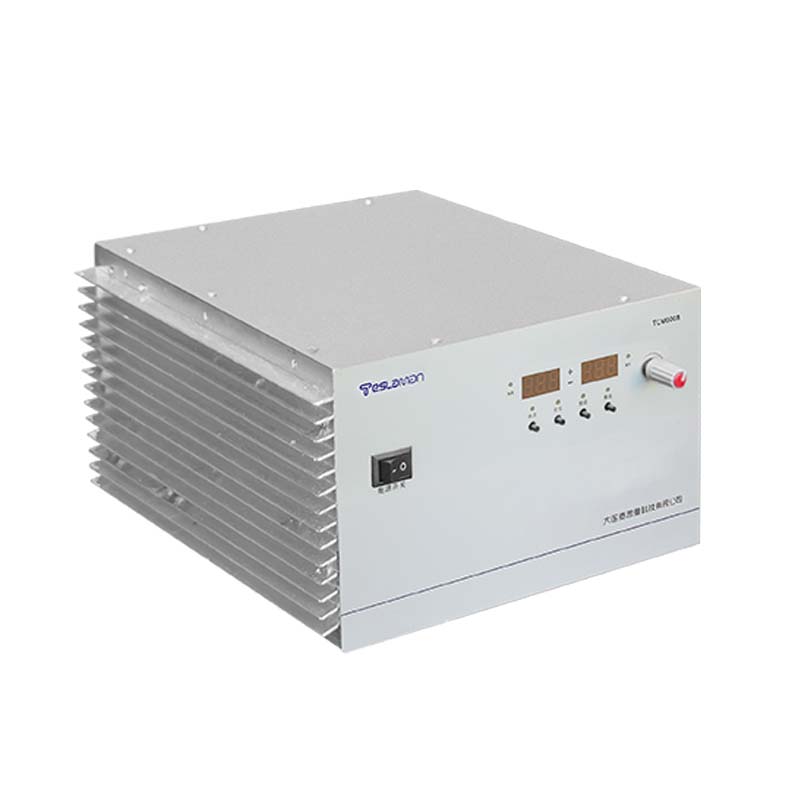Application of High-Voltage DC Power Supplies in Electric Vehicle Charging Systems
With the rapid development of the electric vehicle (EV) industry, charging efficiency and compatibility of charging infrastructure have become key factors restricting further breakthroughs in the industry. High-voltage DC power supplies, with their characteristics of high-power output and fast charging, have gradually become the core solution for EV charging systems. Their application not only enhances the charging experience for users but also lays a solid foundation for the popularization of electric vehicles.
The working principle of high-voltage DC power supplies in EV charging systems involves converting the AC power input from the grid through rectification, filtering, and power conversion to directly output high-voltage DC power for charging the EV's power battery. Compared with traditional AC charging methods, DC charging bypasses the AC-to-DC conversion process of the on-board charger and directly delivers electrical energy to the battery in DC form, reducing energy conversion losses and significantly improving charging efficiency. For example, with a typical EV power battery, using a high-voltage DC power supply can charge the battery from 20% to 80% in 30 minutes, greatly reducing user waiting time.
The high-voltage and high-current output characteristics of high-voltage DC power supplies enable them to meet the charging requirements of EVs with different specifications. Through intelligent control systems, the output voltage and current parameters can be dynamically adjusted according to the battery type, state of charge, and charging protocol to achieve precise charging. This flexibility not only ensures charging safety but also effectively extends the battery's service life. In large-scale public charging scenarios, high-voltage DC power supplies can provide fast charging services for multiple EVs simultaneously, alleviating the shortage of charging infrastructure and improving the utilization efficiency of charging facilities.
However, the application of high-voltage DC power supplies in EV charging systems also faces numerous challenges. Firstly, the heat dissipation problem caused by high-power operation cannot be ignored. During the charging process, the power devices inside the high-voltage DC power supply generate a large amount of heat. If the heat dissipation system is not properly designed, it will lead to excessively high device temperatures, affecting the performance and reliability of the power supply and even causing safety accidents. Secondly, cost is also an important factor restricting its widespread application. The research, development, manufacturing, and maintenance costs of high-voltage DC charging equipment are relatively high, resulting in high construction and operation costs for charging piles, which to a certain extent limits the rapid expansion of the charging network. In addition, high-voltage DC charging places higher demands on the stability of the power grid. The connection of high-power charging equipment may cause impacts on the local power grid, leading to problems such as voltage fluctuations and harmonic interference.
To address these challenges, the industry is actively exploring innovative solutions. In terms of heat dissipation technology, the adoption of efficient heat dissipation methods such as liquid cooling and phase-change heat dissipation can effectively reduce the operating temperature of power devices and ensure the stable operation of the power supply. In terms of cost control, technological innovation and large-scale production can be used to reduce equipment manufacturing costs. At the same time, optimizing the operation mode and improving the utilization rate of charging facilities can help share costs. Regarding the stability of the power grid, smart grid technology can be used to achieve two-way interaction between charging equipment and the power grid, reasonably adjust the charging power, and reduce the impact on the power grid.
In the future, with continuous technological advancements, the application of high-voltage DC power supplies in EV charging systems will become more extensive and in-depth. Their integration with technologies such as smart grids and vehicle-grid interaction is expected to realize intelligent, efficient, and green EV charging, injecting new impetus into the sustainable development of the EV industry.




















